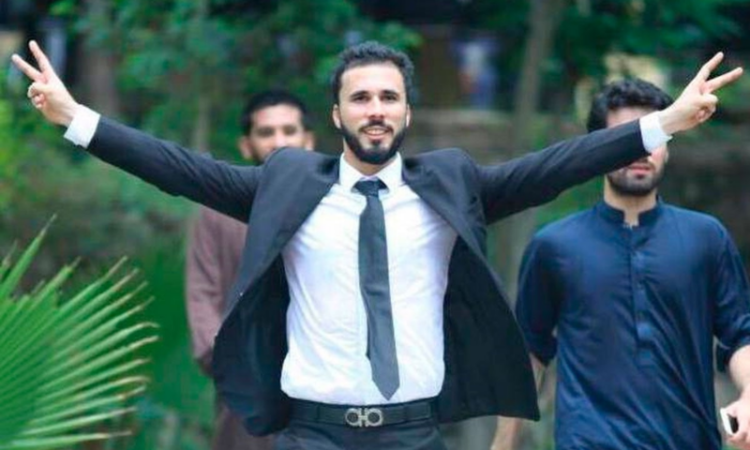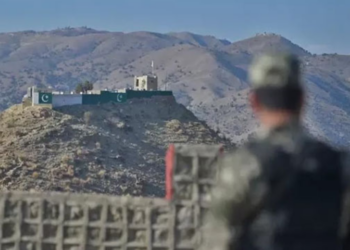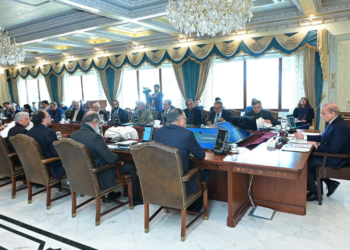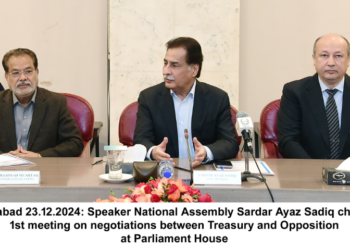Rawalpindi, December 26,2024: Hassan Niazi, the nephew of former Prime Minister Imran Khan, has been sentenced to 10 years in prison by a military court, as part of the ongoing legal proceedings against individuals involved in the May 9, 2023, nationwide riots. The Inter-Services Public Relations (ISPR) announced on Thursday that 60 additional civilians have been convicted for their roles in violent attacks on military installations and key government facilities.
This announcement follows the sentencing of 25 civilians earlier this week for their involvement in the same events. Among the locations targeted during the unrest were the Corps Commander House in Lahore, the General Headquarters (GHQ) in Rawalpindi, the ISI office in Faisalabad, and Bannu Cantt.
According to the ISPR, the sentences were handed down after a thorough examination of evidence, ensuring all legal rights and due process were provided. The military emphasized that all individuals have the legal right to appeal their convictions under the country’s laws.
“The Field General Court Martial has concluded legal proceedings against these individuals in light of the Supreme Court’s directives, ensuring justice and due process,” the ISPR statement noted. It further reiterated the commitment of the nation, government, and armed forces to uphold the rule of law and state authority.
International concerns over military trials
The sentencing has drawn criticism from international actors, including the United States, the United Kingdom, and the European Union (EU), who raised concerns about trying civilians in military courts.
The U.S. State Department expressed “deep concern” over the lack of judicial independence, transparency, and due process guarantees in military tribunals. It called on Pakistani authorities to respect the right to a fair trial, as enshrined in Pakistan’s Constitution.
Similarly, the UK Foreign, Commonwealth, and Development Office (FCDO) stated that military trials for civilians undermine the principles of transparency and fair trial. The statement urged Pakistan to uphold its obligations under the International Covenant on Civil and Political Rights (ICCPR).
The European Union also voiced reservations, pointing out that the trials appeared inconsistent with Pakistan’s commitments to ensure fair and public proceedings under the ICCPR. The EU emphasized that Pakistan’s compliance with international conventions, including the ICCPR, is a requirement for retaining its GSP+ trade status.
Pakistan’s response to international criticism
In response, the Pakistani Foreign Office (FO) defended the military court verdicts, asserting that they were issued in accordance with laws passed by Parliament and aligned with the Supreme Court’s rulings.
“Pakistan remains fully committed to upholding its international human rights obligations,” stated FO spokesperson Mumtaz Zahra Baloch.
The FO emphasized that due process was observed in all cases and that the military courts’ decisions were part of legal proceedings authorized by the country’s legislature and judiciary.









